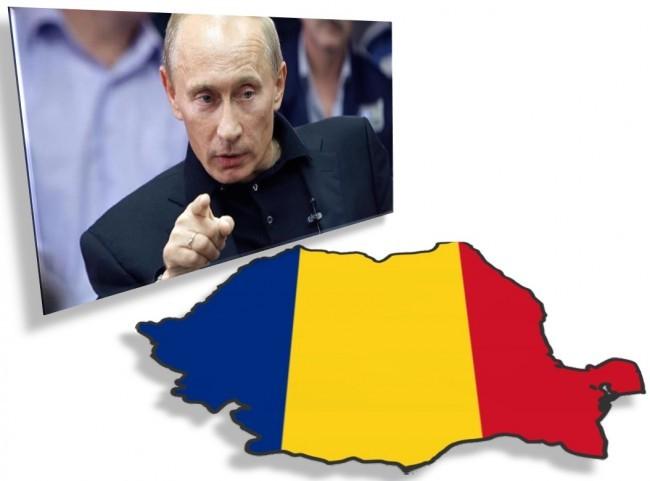Russian aggression in Ukraine has become a powerful catalyst for rethinking the foundations of many European countries domestic and foreign policies. There is a clear geographical pattern - the closer to the zone of conflict, the higher activity of diplomacy. For geographically "distant" European states, such as Spain or Italy, this problem is very not important, but for neighboring countries it became something like a cold shower. Countries that currently experienced in the Russia's "peacekeeping" potential, especially during the XX century, can’t underestimate the new threats. As we can see, the most active fighters with the new aggressor are those states which understand from personal experience what does it mean to be a neighbor of the Empire. There is unnecessary to explain to Poland and Lithuania that the good neighborly relations with Russia are impossible. An obligatory condition for the any empire existence is to support and deteriorate the internal contradictions of its neighbors.
In this context, Romania holds an important place. Despite the relative distance from the conflict zone, the lack of a common border with Russia, membership in NATO and a clear European direction of development, Romanian politicians understand that there are no reasons to think about rest. Public opinion and leading politicians are unanimous - the armed conflict in Ukraine is dangerous for Romania itself. Such moods are not groundless phobias, and have quite a rational basis.
The obvious threat - a fundamental change in the alignment of forces in the Black Sea region. The occupation of the Crimea and its further militarization threaten the security of the entire region In addition to reformatting of boundaries in favor of an aggressive and not very poised neighbor, there are an extremely wide range of issues arise - from logistics through unrecognized subject of federation to the problem of the Black Sea shelf usage.
It is necessary to take into account the disappointing prospect of the conflict zone expanding. There is no secret that one of the potential directions of combat operations deployment is to ensure that land border of Russian Federation with the occupied Crimea and its extension to Transnistria. In this scenario, the military operation could lead to the Russian troop’s deployment along the northern Black Sea region. It is extremely dangerous for Romania.
NATO membership, which is seen as a reliable protection against all offenders, might calm. But everything is not so simple. Firstly, there is a question remains - will the Alliance clash with nuclear state for the sake of young and not very important (as cynical as it may sound) member of the North Atlantic Treaty. Second, the events in Ukraine are not covered by the classical definition of "war", around which the fundamental principles of NATO were created. Russia "proposed" a new type of confrontation - "hybrid war", which always leaves uncertainty for the opposite side - whether forceful intervention is justified and necessary? In third, there is a doubt in Europe - the fifth article of the Charter, which guarantees the protection of the NATO member states by allies, commits or allows to act? Fourth, Romania and Bulgaria, both former members of the Warsaw Pact, which during the first opportunity integrated to West, will always be a certain symbol of the former "greatness» collapse for Russia and a reminder of the artifice and sham nature of the Soviet "friendship of nations." To a certain extent the threats of V.Gerasimov ( Russian Armed Forces Chief of Staff) that Russia priority targets are those states which placed the missile defense systems on its territory. We need to pay tribute to Prime Minister Victor Ponta, who said that this brutal pressure will not frighten Romania.
Speaking about the internal threats for Romania due to the events in Ukraine, it is necessary to remember about new challenges of "hybrid war". The main component of a new kind of confrontation is to impact on the foreign policy of “victim country”, by manipulating public opinion. Supporting political instability in Romania, generous funding and promotion of any anti-European movements, agitating the society on a course to withdraw from NATO — this is indispensable attribute of a new war, which often is more important than direct military confrontation. It is hard to overestimate the dividends which will receive Russia from the victory of anti-European forces in the Romania. Therefore, we should expect aggressor to increase efforts in this direction.
Estimating the above mentioned risks, it is evident that Romania as an independent state with clearly defined foreign policy priorities is interested in the successful containment of Russian aggression. Today, it is vital for the Black Sea countries to support Ukraine in this fight and to preserve the unity of the European partners. The security of at least the whole of Central Europe is now solving in Ukraine. Therefore, the resistance should be stiff and cohesive.

